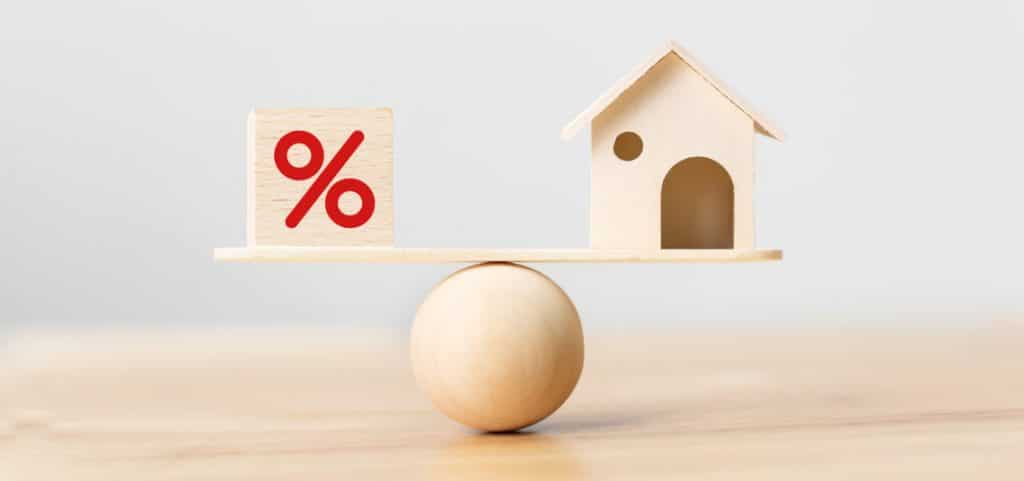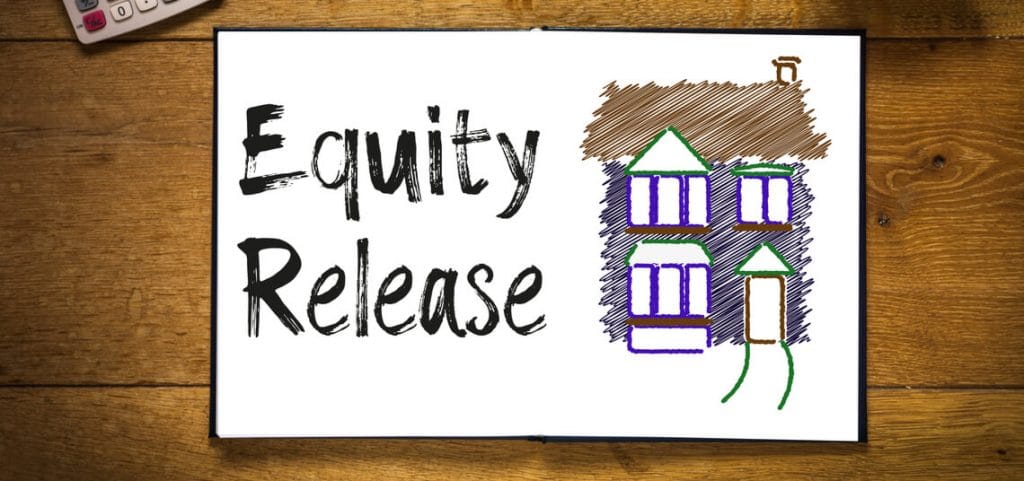Mortgage lengths are one of the key questions that centre around the mortgage application process. The average length of a mortgage loan is between 25 and 30 years. The longer the loan length, the cheaper the monthly payments.
Simple enough, right?
However, the initial stages of a mortgage often include interest rates that are set between one and ten years. This in itself can be confusing, especially if you’re new to the world of mortgages. If you find yourself asking about the differences between initial rates and the full length of a mortgage, rest assured you’re not alone.
In this article, we’ll answer the primary questions around the difference between those initial rates and the full term of a mortgage, as well as the impact they have on each other.
What is the length of a mortgage
When you apply for a mortgage you decide on how long is needed to pay it off. Longer mortgages have cheaper monthly repayments but cost more over the long term, as there is usually more interest attached to the loan.
If you took a mortgage in 2019 with a 25-year repayment plan, the entirety of the mortgage would be paid by 2044. Terms shorter than 20 years are considered short term and those longer than 30 years are referred to as long term.
Bonus information
It’s also important to remember the role of an interest-only mortgage. Often associated with buy-to-let, an interest-only mortgage sees you paying off nothing but interest. The length is usually the same, but at the end of the term, you will owe the full amount of your initial borrowings.
Get more information on interest-only mortgages
What are initial interest rates?
Understanding the length of mortgage terms is reasonably straightforward, but things can get a little confusing when factoring the initial rates. When you borrow money the lender will set the interest rates (per the Bank of England base rate) either through a fixed rate, tracker or variable mortgage.
What are initial interest rates?
See the differences between fixed rate and tracker mortgages
Whether you take a fixed, tracker or variable, you will pay a monthly amount based on the initial interest rate. This initial amount is set anywhere between one to ten years, with two, three and five years the most common.
Initial rates tie you into the mortgage lender, and you often incur a charge if you switch mortgages before the agreed period is over: eg, if you have a two-year fixed-rate mortgage you will need to pay a percentage of the overall mortgage as an exit fee. However, if you change mortgages once the initial period is over, there is unlikely to be an exit fee – though you should always check the terms and conditions of your mortgage.
Why would I change mortgages?
There are many reasons why people might decide to change mortgages once the initial period is over, including looking for a better deal. The mortgage market is competitive, and lenders are always offering fresh products to attain new customers.
What seemed like an appealing rate when you first signed up for a mortgage might not be as attractive five years down the line. Not all initial deals have repayments penalties either, so you might want to keep an eye on new products.
When changing mortgages, it’s always good to look at the entirety of any new deal. Some deals might have lower monthly repayments but come straddled with expensive product fees that increase the upfront costs.
Getting the most out of your mortgage
Whether you choose to stay with your lender after the initial rate is up or remortgage with someone else, having an understanding between initial rates and full-length terms will help you make better decisions with more transparency. And that transparency is one of the most vital factors for anyone borrowing a mortgage.
At Molo, we make mortgages easy and break down the complicated jargon often associated with the world of lending.
For more articles on understanding mortgages, check out the following:
Jargon busters: mortgage terms explained
How long does interest rate stay the same



